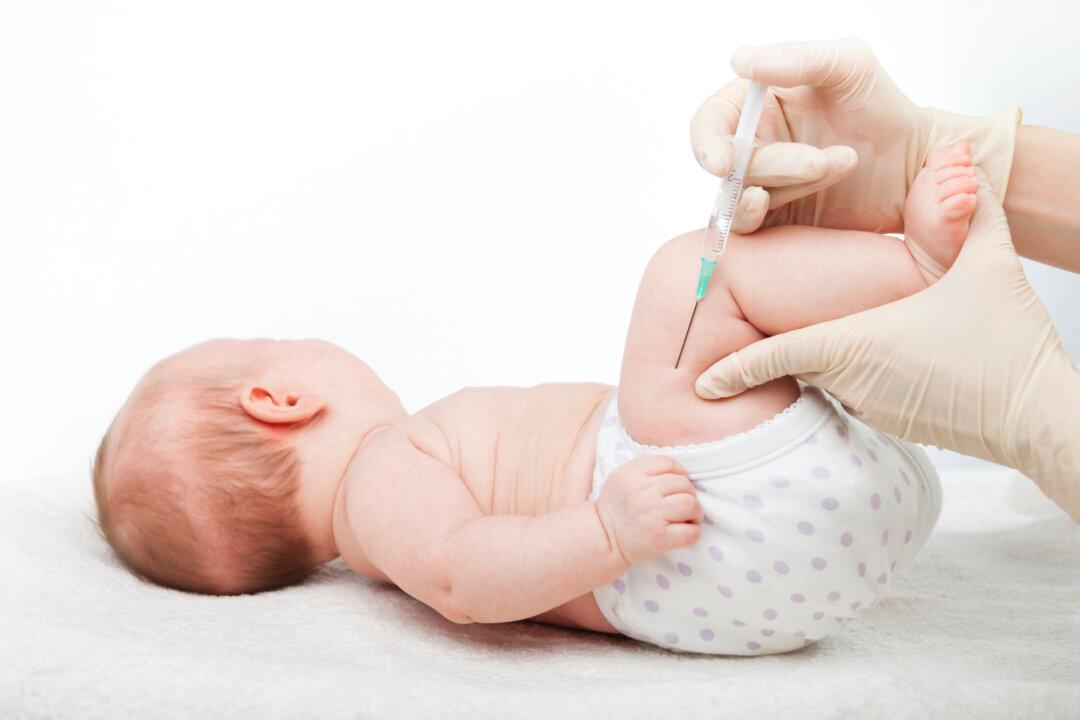Vaccination is an emotionally charged subject. Even bringing up the question of what side effects common vaccines may have starts some people frothing at the mouth and angrily talking about irresponsible anti-vacciners endangering other people’s health.
Is it wrong to ask questions about what I’m putting into my baby?
I am due to give birth in less than a month and I will probably submit my baby to the usual round of vaccines. But I feel uneasy about it. I’m not sure. I’m confused.
I feel pressured to vaccinate, but I don’t know what’s really best. I’ve been putting away little tidbits of research for months.
As a science writer, I know how much confusion can surround scientific subjects covered in the media.





